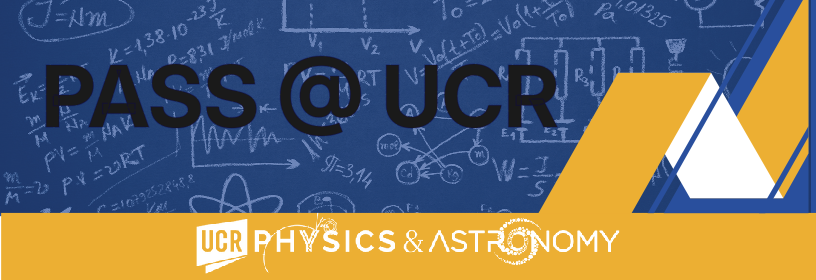
Modular Fault tolerant scaling of a quantum chip with lossy links
Shelby Mo, PhD student Monday, 12:00 pm, Conference Room (PHYS 3051) Modular Fault tolerant scaling of a quantum chip with lossy links A modular approach presents a highly promising direction for scalable quantum computing. In this work, we show that separate patches of rotated surface code can be reliably connected through a fault-tolerant interface, even in the presence of substantial noise. By implementing a ZigZag cut along the boundary and using a pair of entangled ancillas as an extraction gadget—similar to Shor’s gadget, hereafter referred to as the CAT ancilla—our design withstands up to 28 times more noise at the interface than in the bulk, doubling the best-known tolerance to date (Ramette et al., 2024). Our approach also cleverly mitigates hook errors through an optimized measurement schedule and strategic boundary choice between modules. Achieving a high interface noise threshold around 18% and a bulk threshold near 1%, this design enables exceptionally low logical error rates, marking a critical step toward practical fault-tolerant scaling of modular quantum devices with existing technologies. ...